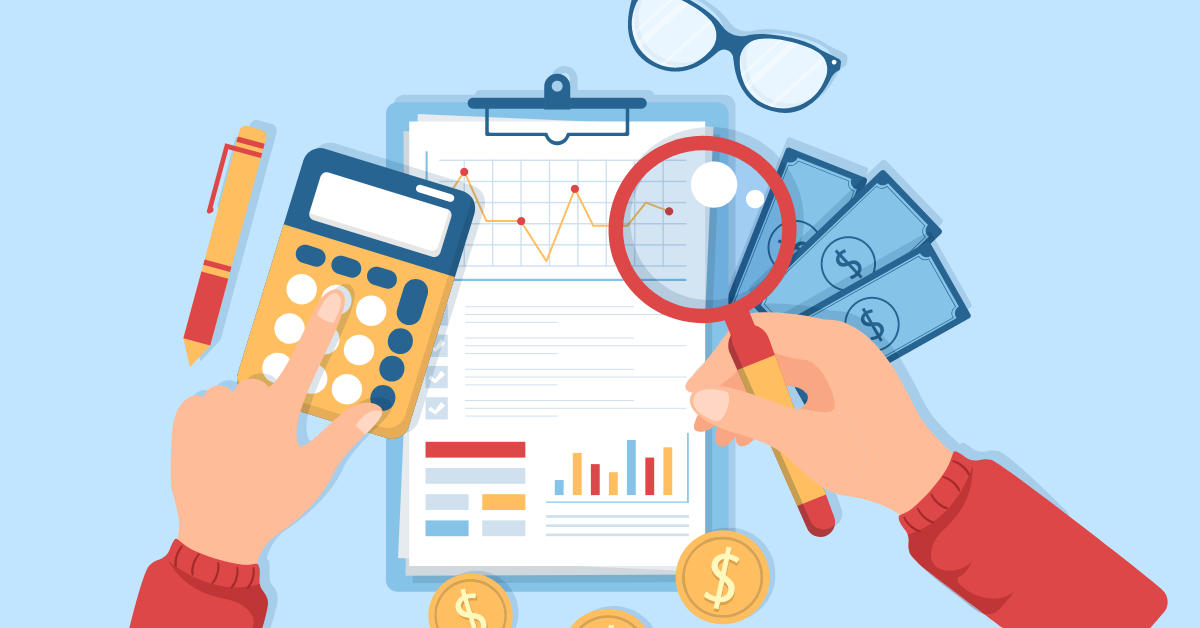
Most mutual funds aim to spread investments across various assets and industries, which is good for reducing risk. However, going too far with diversification can result in opportunity cost.
This is where focused funds come into action.
Focused funds, as their name suggests, focus on a chosen few highly promising stocks that are expected to yield long-term profits. The idea is to build a successful portfolio with a small number of these strong stocks while maintaining a sensible approach to diversification.
This article will shed light on focused funds—what they represent, how they function, and the advantages they bring to investors and more.
What are Focused Funds?
As per SEBI regulations, focused funds are limited to a maximum of 30 stocks and must allocate at least 65% of their assets to equity and equity-related instruments. They are commonly known as best idea funds.
Unlike most mutual funds that can invest in up to 100 stocks or more, a focused mutual fund stands out with its distinct rules. It doesn’t scatter its investments across numerous stocks but instead concentrates on promising pockets of the market.
The primary goal of a focused mutual fund is to achieve the highest possible returns by investing in top-performing assets. Therefore, they carefully select stocks per the investment mandate.
Key Factors to Review Before Focused Fund Investment
Tax Implications
Since these funds primarily invest in stocks, they are taxed like equity funds. Long-Term Capital Gains (LTCG) are taxed at 10% for profits exceeding ₹1 lakh in a year. While Short-Term Capital Gains (STCG) face a 15% tax if withdrawn within a year.
High-Risk
These funds are concentrated portfolios of 30 odd stocks they have to take big positions in each of those stocks. And this results in them not being truly diversified and that is the source of risk in these funds.
Fund Manager Expertise
A key consideration is the established reputation of both the fund manager and the fund house supporting these funds. Verifying their successful track record in a specific industry or sector provides confidence that your investment is secure and dependable.
Expense Ratio
An expense ratio includes various fees, such as management and administrative costs, taken from the investor’s selected fund. It’s essential for investors to understand the expenses associated with their chosen fund manager before investing in a focused fund.
Who Should Invest in Focused Funds?
Investors should consider these funds if they meet any or all of the following criteria:
- Have a higher risk appetite
- Are experienced investors
- Are looking for a longer investment time horizon
Pros of Investing in Focused Funds
Here are some of the pros of investing in these funds:
- Potential for High Returns
Focused funds target a select group of high-potential stocks, increasing the chance for significant returns when those stocks perform well
- Active Management
Skilled fund managers actively oversee and make informed decisions about the portfolio, potentially maximising returns
- Flexible Market Capitalisation Allocation
These funds can invest in companies of any size, including small, mid, and large caps. They have the flexibility to adjust their portfolio according to market conditions, which makes these funds adaptable.
Cons of Investing in Focused Funds
Listed below are some of the cons of investing in these funds:
- Higher Risk
Due to limited diversification, these funds are riskier than more diversified options, as poor performance in a few stocks can have a larger impact.
- Fund Manager Dependency
Success heavily relies on the fund manager’s stock-picking abilities, and a poor choice of stocks can lead to underperformance.
Final Thoughts
In summary, diversifying investments across various assets and industries is generally a good idea to lower risk. But sometimes, spreading too thin can lead to losses. Here’s where focused funds come in.
These funds focus on a small number of high-potential stocks for long-term gains. It’s about quality, not quantity. However, remember that with fewer stocks, there’s a higher risk if a stock doesn’t perform well.
The fund manager’s skills play a crucial role here. If investors are okay with more risk, have experience, and can invest for the long haul, focused funds could be worth considering.
FAQs
No, there’s no lock-in period for focused funds. You have the freedom to withdraw your investments at any time.
Yes, they carry two types of risks. First, they are exposed to stock market risks since they invest in stocks. Second, their concentrated portfolio means that your investments aren’t spread out widely, which increases the level of risk.
To maximize returns, it’s recommended to hold your investment for a minimum of five years.


















